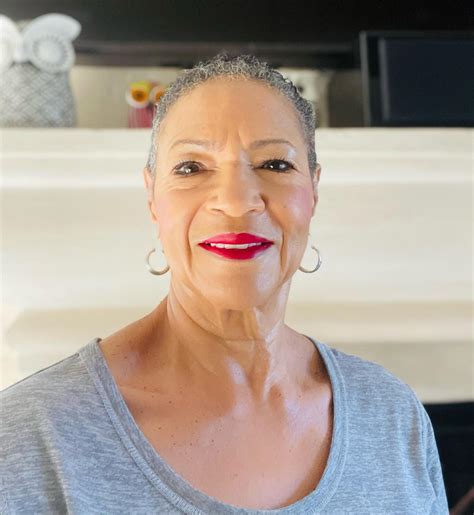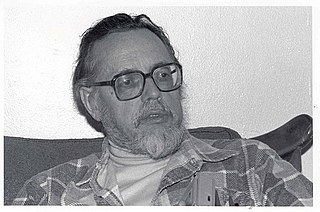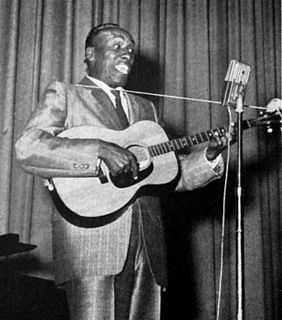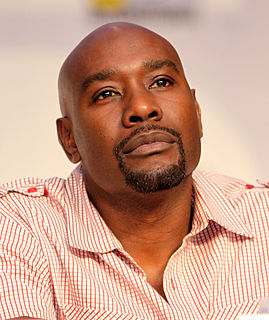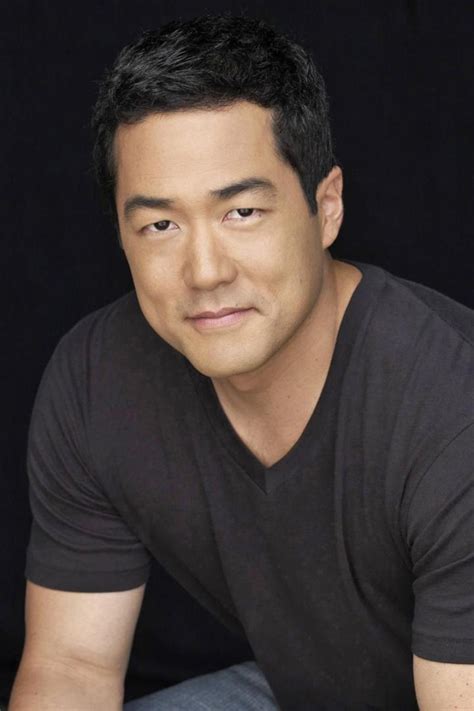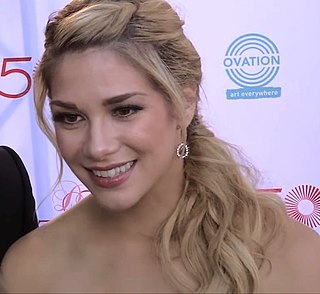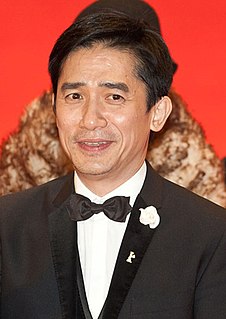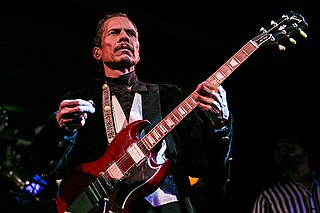A Quote by Felicity Jones
It was only after university that I said to myself that I had to take the risk and have a serious go at acting. It's such a bizarre profession, because you have to be totally tough to deal with all those times when you're being turned down, and then really soft in order to access your character's emotions.
Related Quotes
In tight economic times, with libraries sliding farther and farther down the list of priorities, we risk the loss of their ideals, intelligence, and knowledge, not to mention their commitment to access for all—librarians consider free access to information the foundation of democracy, and they’re right. Librarians are essential players in the information revolution because they level that field. They enable those without money or education to read and learn the same things as the billionaire and the Ph.D…In tough times, a librarian is a terrible thing to waste.
On one occasion I got this really bizarre horoscope thing from someone. It was a full-on zodiac reading, charting and intersecting all this stuff. It was over 20 pages long and said we're destined to be together. That was totally bizarre. I don't really believe in that stuff anyway, although I do believe in Karma because it's already bitten me on the ass so many times.
The church seeks to help form people who can risk being peaceful in a violent world, risk being kind in a competitive world, risk being faithful in an age of cynicism, risk being gentle among those who admire the tough, risk love when it may not be returned, because we have the confidence that in Christ we have been reborn into a new reality.
At George Mason University I saw Hoppe present a lecture in which he claimed that Ludwig von Mises had set the intellectual foundation for not only economics, but for ethics, geometry, and optics, as well. This bizarre claim turned a serious scholar and profound thinker into a comical cult figure, a sort of Euro Kim Il Sung.
I started to take care of my body after I turned 50. I never liked how I looked physically because I was too cute, short, with coloring only on my cheeks, the perfect little nose, and then the blue eyes. But I would have preferred to have the look of a tough guy from the wrong side of town - one of those fascinatingly ugly looks.
When I came back from Munich, it was September, and I was Professor of Mathematics at the Eindhoven University of Technology. Later I learned that I had been the Department's third choice, after two numerical analysts had turned the invitation down; the decision to invite me had not been an easy one, on the one hand because I had not really studied mathematics, and on the other hand because of my sandals, my beard and my "arrogance" (whatever that may be).
For me it's really tough because you have to go to that place where you really, really don't want to go to or revisit. After the first movie, when I was crying at the altar, whenever I would think about it, I would get chills for months after the first "Best Man" because I had to go to that place. And then, here we are with this one, and we are going to that place again. It's just extremely emotional to just have to keep revisiting it, but it can also be therapeutic.
And then, one acting class turned into two, turned into four, and then turned into, "I love this. I could do this for the rest of my life. But, I don't have a background in acting. I never acted in college, or did anything like that. How can I go about doing this?" That meant going to grad school and getting some training, and I did. I literally walked down the path. It was real fortuitous for me to walk by that school, that one morning.
I was 19 years when I got into acting training classes at a TV station and then I found a way to express my feelings. My father left us when I was a kid and I just shut down all of my emotions. I wasn't talkative; I didn't know how to communicate with people. I tried to separate from people. After I got into the classes I found a way of expressing myself through characters. I can cry behind a character, I can shout behind a character and it became a relief. And it's fun.
I went to so many record labels - name any one - and they all turned me down. For some reason I just got the thumbs down for years and years. It sounds like I'm making that up, but it's true. I'm too serious about music and my creations to take just any kind of deal. There were a couple of companies that wanted to put me with a producer, and I said, "Well, I just produced my last album," and I wasn't about to go backwards.

